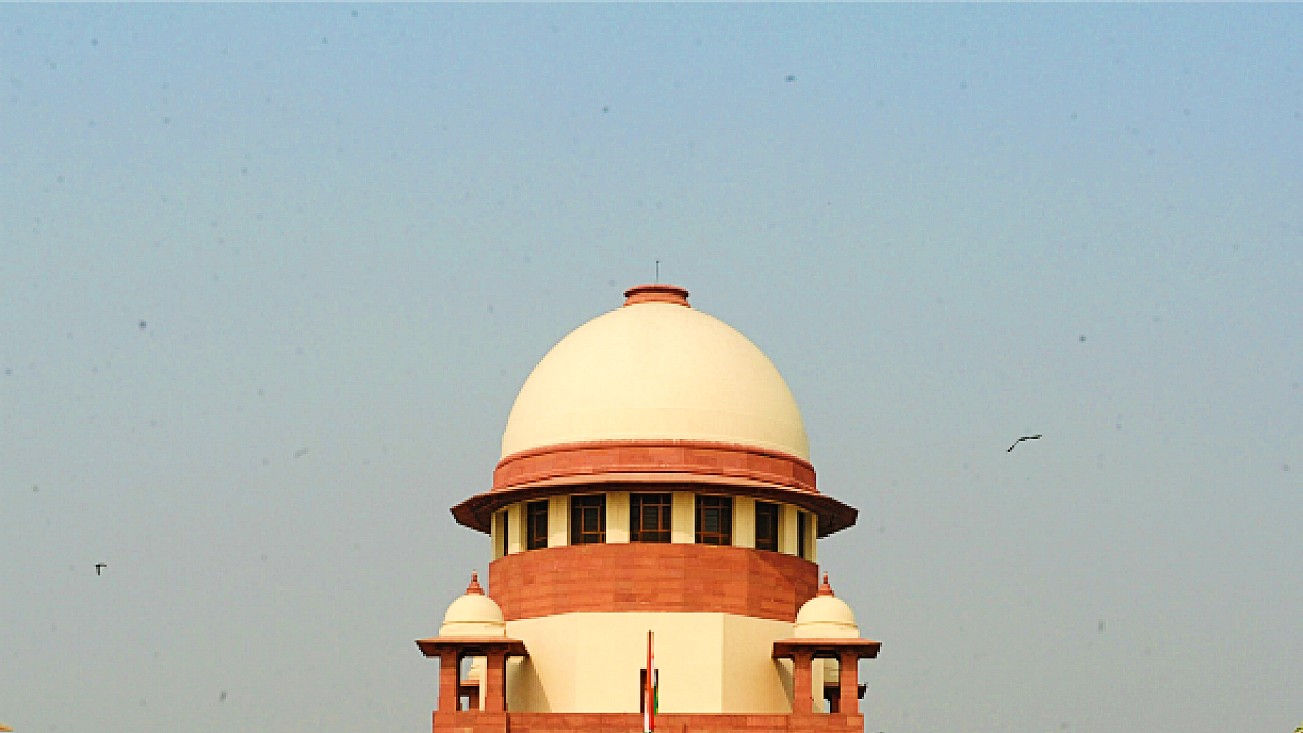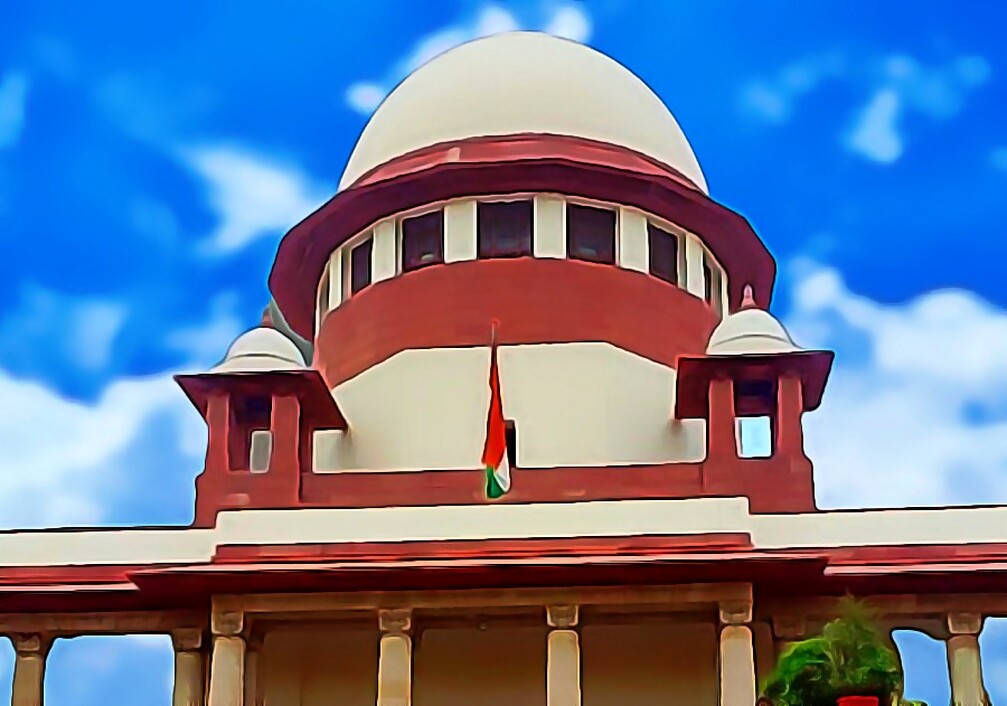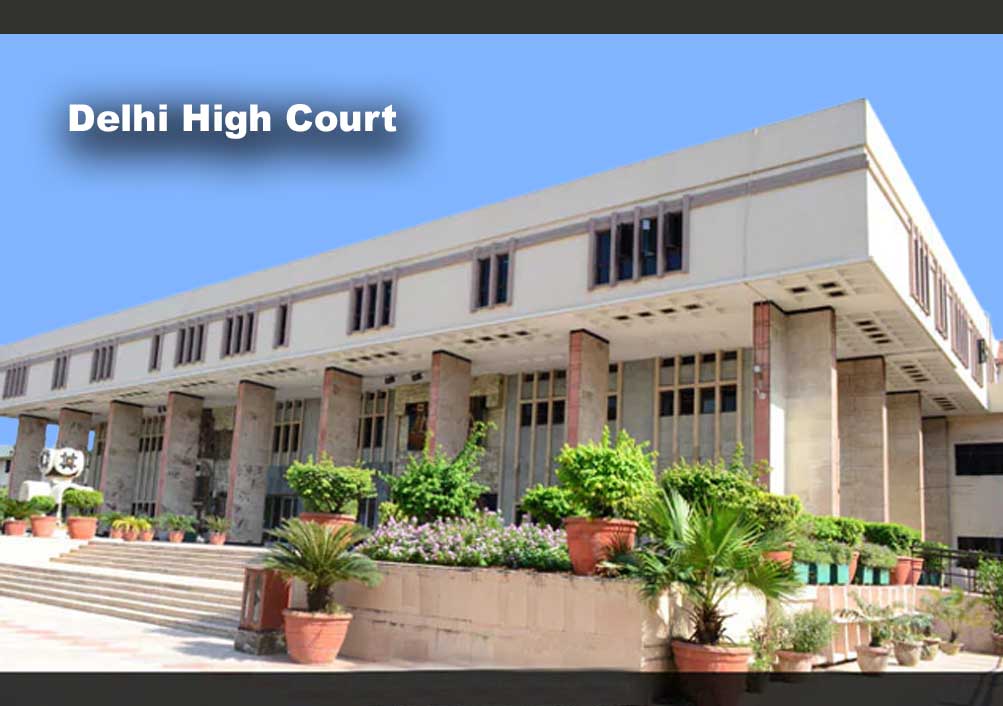Candidate, appointed to post of IAS, has no right to be allocated to cadre of his choice, reiterates Apex Court

Read Judgment: Union of India & Anr vs. Ms. A. Shainamol, IAS & Anr
Pankaj Bajpai
New Delhi, October 25, 2021: The Supreme Court has ruled that an SC/ST or OBC candidate, selected against unreserved vacancy as a general merit candidate, cannot make a grievance in respect of allocation of cadre but has a right to seek service as a reserved category candidate if that improves the selection of service.
A Division Bench of Justice Hemant Gupta and Justice V. Ramasubramanian therefore, by relying on the decision of this Court in Union of India and Ors. vs. Rajiv Yadav, IAS and Ors. , reiterated that the allocation of cadre is not a matter of right and a selected candidate has a right to be considered for appointment to the IAS but he has no such right to be allocated to a cadre of his choice or to his home state.
The observation came pursuant to an appeal challenging an order passed by the Kerala High Court (Ernakulam Bench), whereby the Union of India (Appellant) was directed to allocate the A. Shainamol (Respondent) to the Kerala cadre of the All-India Service.
The background of the case was that A. Shainamol, a successful IAS candidate, who was allotted Himachal Pradesh cadre, had filed an application u/s 19 of the Administrative Tribunals Act, 1985 before the Central Administrative Tribunal (CAT), which directed the Union Government to allot and accommodate the applicant against the outsider OBC vacancy in the Maharashtra cadre by virtue of her merit over the candidate already identified and allotted the Maharashtra cadre.
Challenging the same, the other candidate and Union of India approached the Kerala High Court, which declared that the Respondent would be eligible to be allotted to the Kerala cadre.
After considering the arguments, the Top Court observed that allotment of cadre is an incidence of service, and the applicant as a candidate for the All-India Service with eyes wide open has opted to serve anywhere in the country.
Once an applicant gets selected to service, the scramble for the home cadre starts, added the Court.
Speaking for the Bench, Justice Gupta noted that the procedure for allocation of cadre is a mechanical process and admits no exception except in terms of Rule 7(4) of the Indian Administrative Service (Recruitment) Rules, 1954, which is to be read as proviso to Rule 7(3).
Therefore, opining that the State has no discretion of allocation of a cadre at its whims and fancies, the Apex Court concluded that the Tribunal (CAT) or the High Court should have refrained from interfering with the allocation of cadre on the argument of alleged violation of the allocation circular.
“In terms of Rule 6 of the Central Administrative Tribunal (Procedure) Rules, 1987, an application before the Central Administrative Tribunal is required to be filed where the applicant is posted for the time being or the cause of action wholly or in part has arisen. The applicant in her Original Application has not laid any foundation as to how the Ernakulam Bench of the Central Administrative Tribunal will have the jurisdiction to entertain an Original Application filed by her. It appears that the applicant had chosen the Ernakulam Bench for the reason that she was permanent resident of Kerala State. The applicant was not posted in the State of Kerala on the date of filing of the application”, observed the Apex Court.
Therefore, observing that the applicant had not explained how the cause of action either wholly or partly had arisen within the jurisdiction of the Tribunal at Kerala, the Apex Court set aside the orders passed by the High Court and the Tribunal.
Sign up for our weekly newsletter to stay up to date on our product, events featured blog, special offer and all of the exciting things that take place here at Legitquest.



Add a Comment